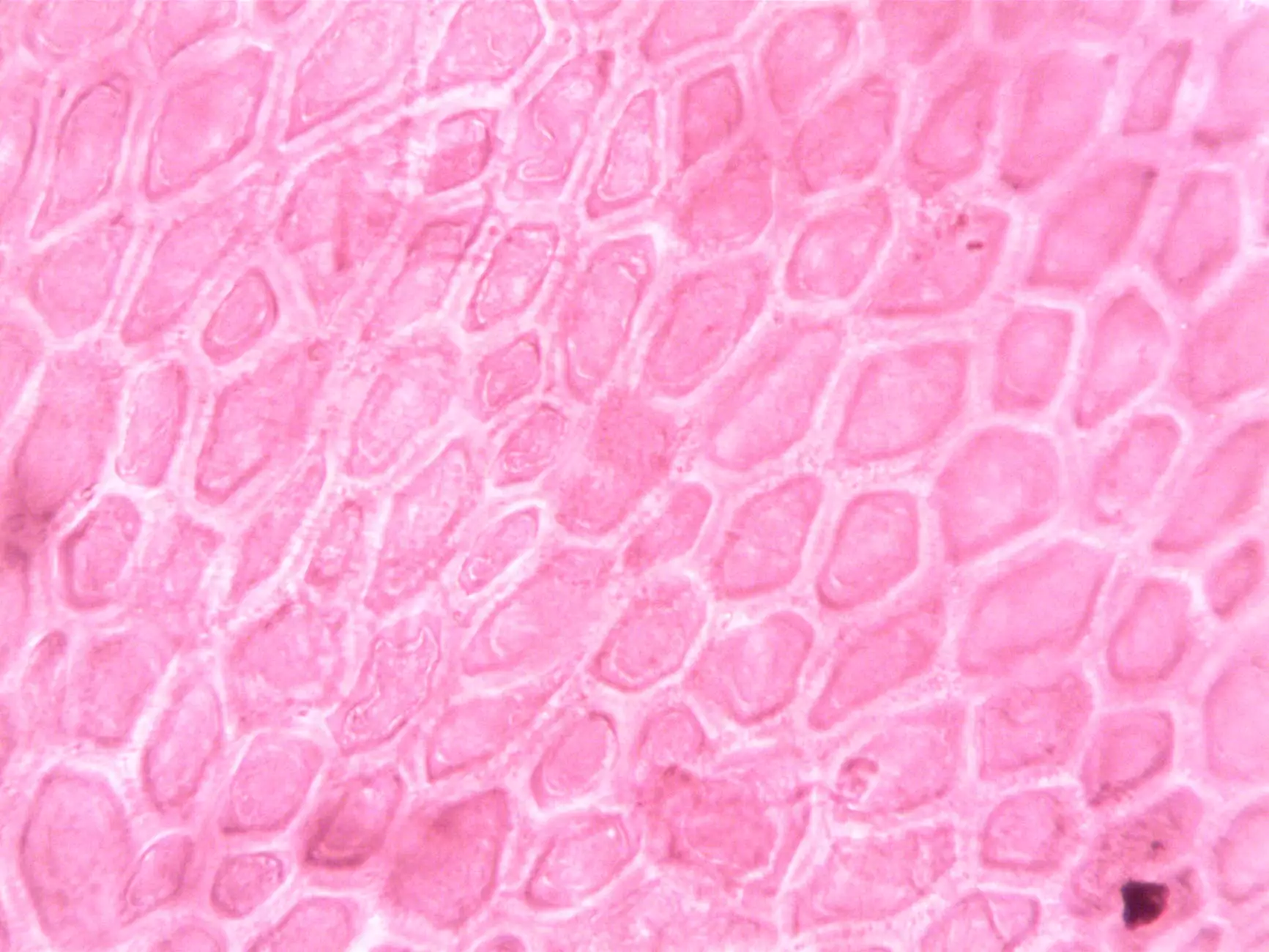Understanding Paradontologiya: A Comprehensive Guide to Periodontology

Paradontologiya is an essential field within dentistry that focuses on the study and treatment of the supporting structures around the teeth. This includes the gums, periodontal ligaments, and the alveolar bone. Understanding paradontologiya is crucial for maintaining overall oral health and preventing various diseases that can compromise your dental health. In this article, we will explore the significance of paradontologiya, common periodontal diseases, treatment options, and how it relates to your overall health.
The Importance of Paradontologiya in Dental Health
Paradontologiya plays a vital role in dental care for several reasons:
- Prevention of Gum Disease: Regular evaluations can help prevent conditions such as gingivitis and periodontitis, which can lead to tooth loss.
- Connection to Systemic Health: Research has linked periodontal health to various systemic diseases, such as heart disease and diabetes.
- Enhancement of Aesthetic Appeal: Proper care can lead to healthier gums, improving the overall appearance of your smile.
Common Periodontal Diseases
Understanding the types of periodontal diseases is critical for anyone who wants to maintain optimal oral health:
1. Gingivitis
Gingivitis is the initial stage of gum disease. It is characterized by:
- Red, swollen gums
- Bleeding during brushing or flossing
- Bad breath
If caught early, gingivitis is reversible with proper dental care and improved oral hygiene practices.
2. Periodontitis
If gingivitis is left untreated, it can progress to periodontitis. This more severe form of gum disease can result in:
- Recession of gums
- Formation of pockets between the gums and teeth
- Loss of tooth-supporting bone
Periodontitis often requires more intensive treatment approaches, including deep cleaning and possibly surgical procedures.
3. Aggressive Periodontitis
This form of periodontitis is characterized by rapid attachment loss and bone destruction and usually occurs in younger individuals. Effective intervention is crucial to managing aggressive periodontitis.
Symptoms of Poor Periodontal Health
Being aware of the symptoms associated with periodontal diseases can allow for early intervention. Common symptoms include:
- Persistent bad breath
- Changes in bite alignment
- Shifting teeth
- Loose teeth
- Gum swelling or tenderness
Diagnosis in Paradontologiya
Diagnosing periodontal diseases usually involves comprehensive assessments, including:
- Clinical examinations: Dentists measure the depth of gum pockets and assess gum health.
- X-rays: Imaging helps to identify bone loss and the health of the tooth roots.
- Medical history: Review of your medical history is critical, as certain conditions can increase the risk of periodontal disease.
Treatment Options in Paradontologiya
Fortunately, there are various treatment options available in the field of paradontologiya that cater to different stages of periodontal disease:
1. Non-Surgical Treatments
Effective for mild to moderate forms of gum disease, non-surgical options include:
- Scaling and Root Planing: Deep cleaning that removes plaque and tartar from below the gum line.
- Antimicrobial Treatments: Application of antimicrobial solutions to reduce bacteria levels.
- Oral Hygiene Instructions: Guidance on brushing, flossing, and mouth rinses to maintain health.
2. Surgical Treatments
For advanced cases of periodontal disease, surgical intervention may be necessary:
- Flap Surgery: Reshaping the gums to reduce pockets and improve oral hygiene.
- Bone Grafting: Restoring lost bone to support teeth and stabilize the mouth.
- Guided Tissue Regeneration: Using membranes to encourage growth of periodontal tissues.
Preventing Periodontal Disease
Prevention is key in the field of paradontologiya. Here are some effective strategies:
- Regular Dental Visits: Schedule routine check-ups and cleanings every six months.
- Good Oral Hygiene: Brush your teeth at least twice a day and floss daily.
- A Balanced Diet: Eat plenty of nutritious foods, particularly fruits and vegetables.
- Avoid Tobacco: Smoking is a significant risk factor for periodontal disease.
The Link Between Periodontology and Overall Health
Research has shown that periodontal health is intricately linked to systemic health. Some of the connections include:
- Cardiovascular Disease: Chronic gum infections may contribute to heart issues and other cardiovascular diseases.
- Diabetes: There is a bidirectional relationship between diabetes and periodontal disease—each can exacerbate the other.
- Respiratory Disease: Inhalation of bacteria from gum diseases can lead to respiratory infections.
Choosing the Right Periodontist
When selecting a specialist in paradontologiya, consider the following:
- Qualifications: Ensure they are accredited and have specialized training.
- Experience: Look for a periodontist with extensive experience and positive patient reviews.
- Facility and Technology: Modern clinics with advanced technologies tend to offer more effective treatment options.
Conclusion: Prioritize Your Periodontal Health
Understanding and prioritizing paradontologiya is essential for anyone interested in maintaining their oral and overall health. By recognizing the symptoms of periodontal disease, seeking timely treatment, and focusing on prevention, you can enjoy a healthier mouth and a brighter smile. Regular consultations with experienced professionals, like those at ustomatologa.kiev.ua, will ensure you receive the best care and guidance in your journey towards better periodontal health.









